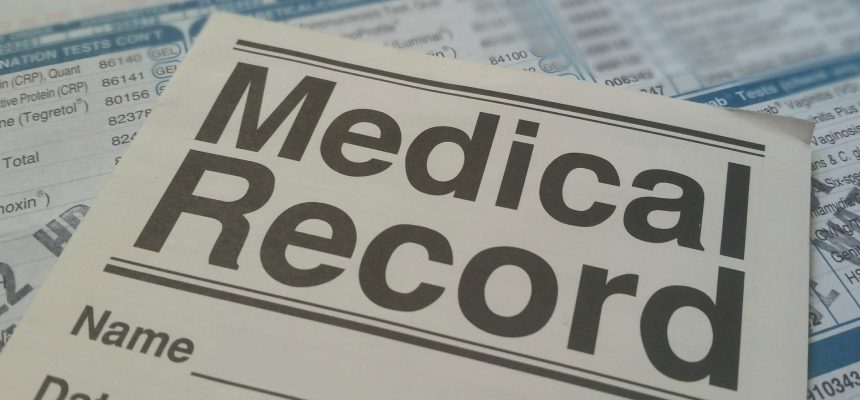Even Small Medical Debts Cause Complications For Consumers
By Consumers for Quality Care, on September 5, 2018

A new study highlights how even small medical debts can have lasting impacts, Associated Press reports.
The study, published in Health Affairs, highlights how vulnerable consumers are to medical bills, especially surprise bills or balance bills. When sent to collections, even small medical bills can impact consumers’ credit scores and financial health.
Researchers found that over half of the medical bills sent to collections were for amounts less than $600. Additionally, more than two percent of adults with medical debts less than $200 were sent to a collection agency. All in all, 16 percent of individuals were found to have medical bills in collections on their credit reports.
People in their late 20s were nearly three times as likely to have a medical bill sent to collections than those in their late 60s, when people can qualify for the federal Medicare coverage program. The average size of the medical debt dropped nearly 40 percent from ages 27 to 64.
While the study did not address the causes of the medical debts, consumer advocates point to a number of factors, including high deductible insurance plans or prioritizing paying other necessities, like paying for utilities or food, over medical bills.
The extent of a patient’s illness and whether they miss work often factor into debt problems, said Erin Singleton of the nonprofit Patient Advocate Foundation, which helps critically or chronically ill patients deal with debt and insurance problems.
When faced with medical debt, Singleton says the best course of action is to address the bills head on. Consumers should work with their insurer to ensure the claims are correct and set up payment plans or seek discounts or charity.
“Don’t put a bunch of envelopes on the top of your desk and pretend that they don’t exist,” Singleton said.




